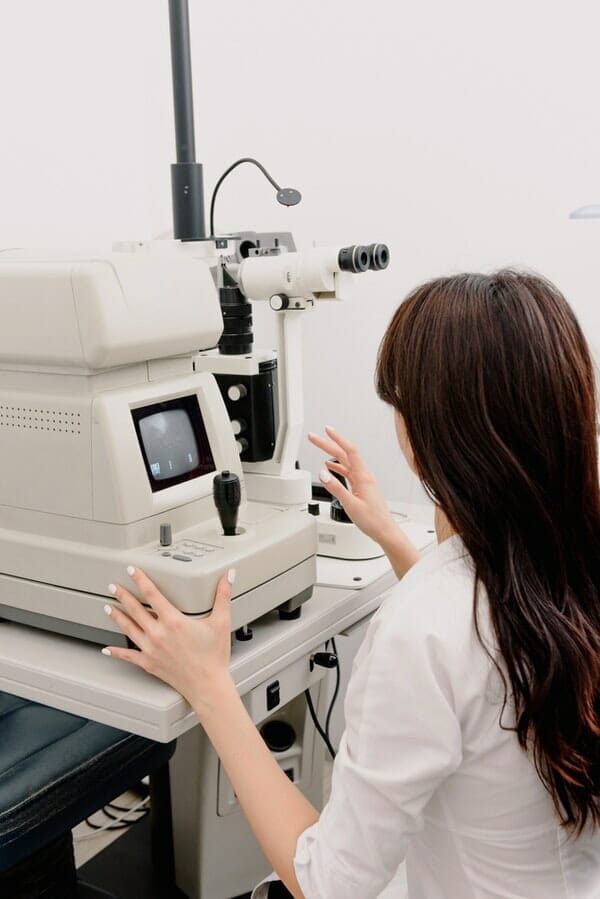The Different Astigmatism Treatments
There are several astigmatism treatments available, and the best one for you depends on the severity of your astigmatism, your lifestyle, and your personal preferences.
Glasses and Contact Lenses for Astigmatism
Prescription glasses are the most common astigmatism treatment. They provide a simple, non-invasive way to correct vision. Similarly, contact lenses for astigmatism, known as toric lenses, are an excellent option. They are specially designed to correct the uneven curvature causing your astigmatism.
At Amplify EyeCare, we offer a wide variety of glasses and contact lenses suitable for different lifestyle needs. With the guidance of our skilled eye care professionals, we ensure you get the best fit and comfort.
Ortho K for Astigmatism
Orthokeratology, commonly known as Ortho K, is a non-surgical procedure that involves the use of specially designed gas-permeable contact lenses that you wear overnight. These lenses reshape your cornea while you sleep, allowing you to have clear vision during the day without the need for glasses or contact lenses.
Ortho K for astigmatism is gaining popularity due to its effectiveness and convenience, especially among people who are not suitable candidates for surgery or those who find glasses and contact lenses inconvenient.
Laser and Other Refractive Surgeries
Laser surgeries like LASIK and PRK reshape the cornea, correct the irregularity, and improve vision. They are considered when astigmatism is moderate to high, or when the patient prefers a permanent solution.
Before recommending surgery, we thoroughly assess your eyes and overall health. It's crucial to understand that while refractive surgeries have high success rates, they also carry potential risks and complications.
Learn more about the treatment options for astigmatism here.

















